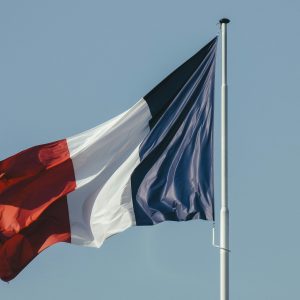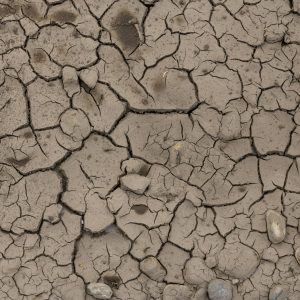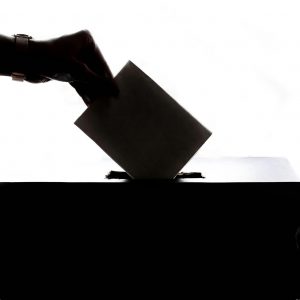India says downgrading Kashmir statehood is ‘temporary’
ANKARA (AA) – The Indian government on Thursday told the Supreme Court that the present status of Jammu and Kashmir as a union territory is “temporary” and the government is ready to hold the legislative elections in the region “anytime now.”
On Tuesday, the top court, which is hearing petitions challenging legislation that stripped Jammu and Kashmir of its statehood and special status in 2019, asked the government to indicate if there is a time frame to restore the region’s status as a full-fledged state.
In a Thursday statement, Solicitor General Tushar Mehta said he was “unable to give an exact time period right now for complete statehood.”
He, however, added: “Union territory is a temporary status because of the peculiar circumstances the state had passed through with repeated and consistent disturbances of decades. It might take some time.”
He said that the government is progressing towards making it a full-fledged state.
Mehta also said that the Indian government is ready to hold the legislative assembly in Jammu and Kashmir “anytime now”.
He also provided some data highlighting the “improved situation” in the region, which, however, was opposed by senior advocate Kapil Sibal, who is arguing on behalf of petitioners.
Sibal said 5,000 people were under house arrest and the order which prohibits the assembly of four or more people was imposed across the state when the abrogation took place.
“Let us not make a mockery of democracy … internet was shut down and they are saying there was no bandh (shutdown),” he said. “How can there be a bandh when people can’t even go to the hospital?” he asked.
Sibal told the court: “The problem is all this (the hearing) is being televised and all of this is on record. These facts come on the record. They are part of public space and the public feels what a great thing has been done by the government. This creates a problem.”
On Tuesday, Mehta also said that the status of the union territory of Ladakh, which is one of two union territories carved out of the erstwhile Jammu and Kashmir state, is a permanent thing.
Jammu and Kashmir have been without an elected government since 2018.
In 2019, India repealed the special status of the disputed territory of Jammu and Kashmir, stripping it of its flag and legislature. Article 35A was also scrapped, which had allowed the region to define its residents and barred outsiders from buying properties or taking up government jobs.
The Himalayan state was divided into two centrally ruled union territories, now called Jammu and Kashmir, and Ladakh.
The Muslim-majority region of Kashmir is claimed by both Pakistan and India in full.
Islamabad says New Delhi’s 2019 move is illegal and has since downgraded diplomatic ties and halted trade.
Ahead of its move to scrap the provisions under Articles 370 and 35A, India had deployed more troops to the disputed region and snapped the internet for days together, called “collective punishment” by a rights group, Jammu and Kashmir Coalition of Civil Society, which also dubbed it as “digital apartheid.”












